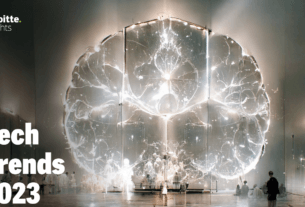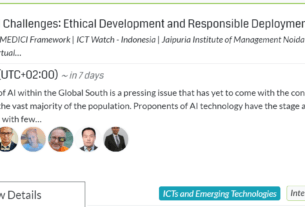Civil society and nonprofit organizations needs to keep a close eye on current and emerging technology trends. This is because technology is changing rapidly and whether we all want it or not, it will change the way we work, think and interact. Technology has its wonders but it also has its areas of concern. At the very least, nonprofit organizations need to be aware of what is affecting them directly and indirectly.
The following are what Virtual Activism views as technology trends in 2021 that will affect our work as civil society:
1- Artificial Intelligence:
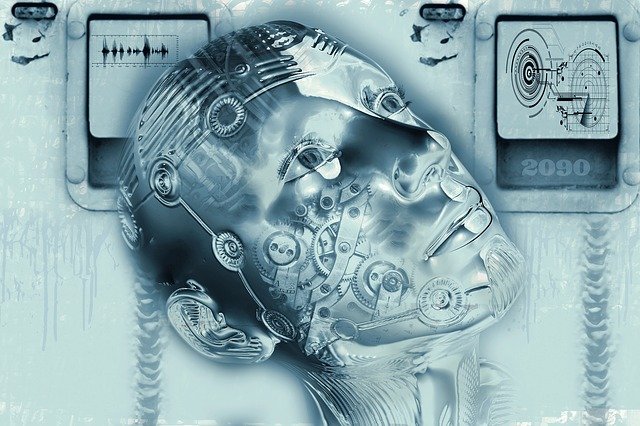
Over the past few years, AI has been at the center of technological debate and discussion. AI currently controls much of our environment, from the dissemination of information to the Internet of Things. Debates on AI ethics are also on-going, as new technologies arise using AI. Civil society needs an understanding of ethical dilemmas of AI in order to combat racism, gender discrimination and other forms of divisions, some of which are subtle and others are not.
Mobile phones are boosting such technologies as well. It should be noted that such technologies aggravate and enhance the digital divide – those who know and those who do not. Organizations will need to do a complete risk assessment and come up with strategies to close any gaps.
2- Robotics:
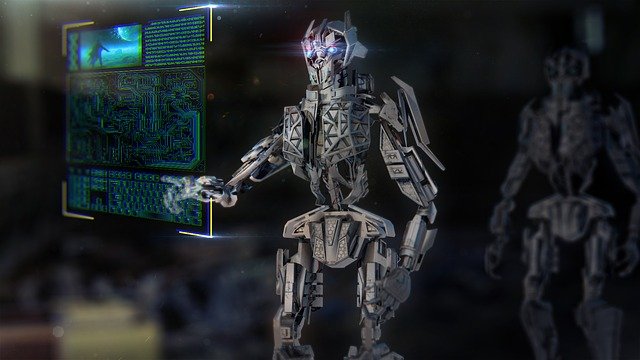
With the rise of autonomous robots, society will be impacted for better or for worse as the technology begins to infiltrate our lives and takes over social issues such as work, elderly and child care and others. Killer-robots are also an issue on the rise and it needs a more prolonged discussion and awareness by civil society.
3- Surveillance technologies and cybersecurity:

With the majority of civil society organizations not quite technologically-savvy, and while surveillance technologies pose a serious risk to activists around the world, there needs to be an increased awareness of issues of digital protections, and the tools to combat such technologies.
In addition to cybersecurity, there is also the issue of deepfakes and other technologies that help create and disseminate false information. Civil society needs to be aware of legitimate sources and methods to discover deepfakes and harmful information.
4- Virtual Reality and Augmented Reality:
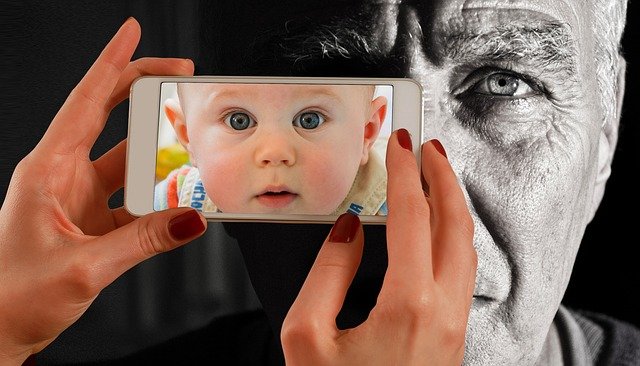
VR/AR have been around for almost a decade, and is being used by civil society. However, again, there needs to be awareness of the ethical issues surrounding VR/AR implementation and the potential violations of privacy.
VR/AR is also part of the digital divide: the headsets and computer configurations required to create or view VR/AR are prohibitive. When ’empathy’ VRs are created, it will always be from a Western-centric point of view and will, undoubtedly have a negative impact on perceptions.

